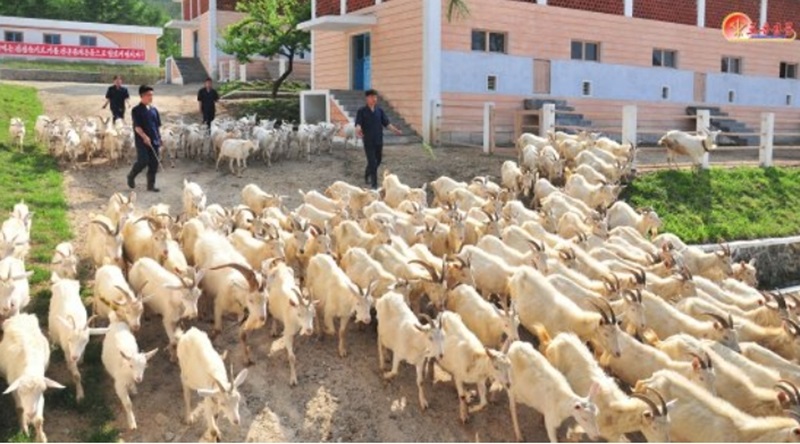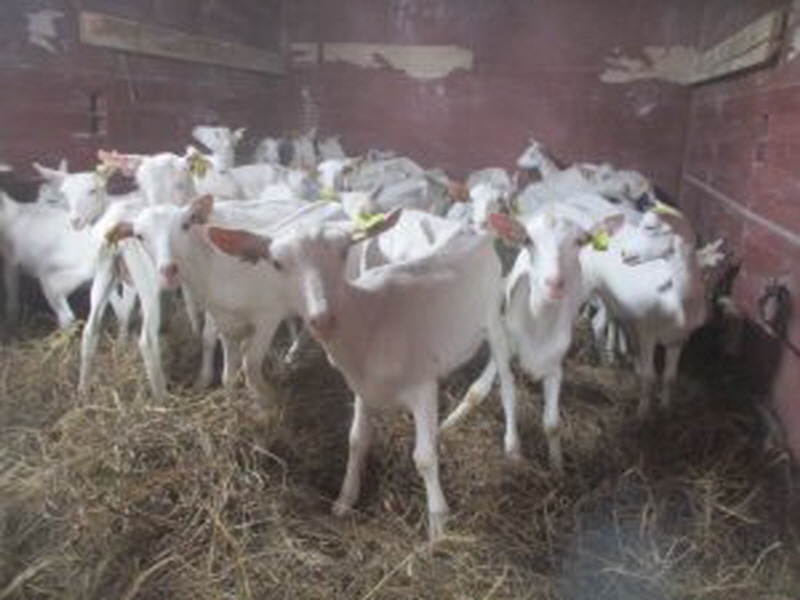Russia is continuing to send goats to North Korea, raising questions about the specific purpose behind the growing livestock shipments.
Russia’s Federal Service for Veterinary and Phytosanitary Surveillance announced in a press release on September 4 that 945 goats were sent to North Korea between August 28 and 31.
According to the statement, the shipment included 205 goats from the Leningrad region and 740 from a dairy farm located in the Republic of Adygea.

The goats were transported by vehicle to the Khasan railway checkpoint and subsequently shipped to North Korea.
Before export approval, veterinary inspectors examined the goats to ensure they met sanitary conditions, the agency reported.
Earlier last month, Russia also sent 447 goats separately to North Korea.
Additionally, Russia and North Korea recently signed a three-year contract to supply 1,000 goats annually. North Korea reportedly plans to establish dairy farms with the goats to boost dairy production.
In a country where food resources are scarce, goats play a crucial role in improving the nutrition of residents by providing both meat and milk.
The choice of goats over cows was made for efficiency reasons. Goats require less feed and are easier to raise compared to cows, making them more effective for dairy production.

Goats sent from Russia to North Korea [Russia’s Federal Service for Veterinary and Phytosanitary Surveillance]
In North Korea, it is reported that a significant amount of dairy products such as cheese, butter, and yogurt are being produced using goat milk, which is high in fat and sugar content.
However, despite being relatively easy to raise with limited resources, goats have a high mortality rate.
Meanwhile, a source from South Hamgyong Province in North Korea reported to Radio Free Asia last month that authorities have instructed residents to prepare “grass kimchi” as winter feed for goats, a task assigned to all factory enterprises.
The source explained that this directive is part of a special measure by the authorities, who plan to significantly increase the number of goats this year.
BY YOUNGNAM KIM [kim.youngnam@koreadaily.com]




